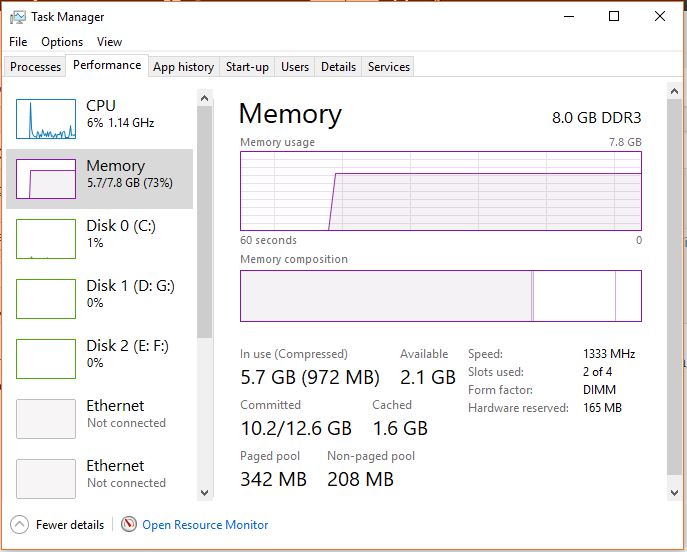


Designs in the complete architecture account for those delays, since data does not arrive instantly at the CPU or GPU, and as the supporting technologies truly catch up to "real-time" processing speeds, significant performance benefits can be had. So memory isn't the sole thing that can improve performance. M.2 SSDs now top out over 2000MB/s, memory on Skylake CPUs can hit 50,000+ MB/s, and so on. Ultimately, data passing through the processing chain can be much faster. That's kind of what the article hosted by Crucial was trying to say, by mentioning CAS latency vs Real latency. So you can not judge memory performance by this single timing. Personally, If I was buying 32GB, I'd probably buy the 4x8gb but purely because of the look, having all the ram dims populated.Click to expand.CAS Latency is but one solitary timing out of many, and in the end, is simply the first timing (Column Active Strobe) before any "action". Dual channel means you'll have double the bandwidth (when compared to a single channel set up) BUT only half of the theoretical available bandwidth of the quad channel set up, in most tasks this shouldn't present much of a difference in real world performance though, save from a few frames-per-second less in game and the quad channel setup is probably more optimal if you'll be doing video editing or stuff like that. Thirdly, are you sure you need 32GB? If you're doing mostly gaming, general web browsing, some streaming etc, 16gb would be plenty BUT 32GB is good from a "future proofing" point of view.Īnd lastly, both options has its pros and cons Ĥx8gb - Populates all the memory modules for a cleaner more complete look and in theory quad channel setups like this effectively quadruples the available memory bandwidth (when compared to single channel) although in reality, during most tasks, their isn't much of a performance gain although during gaming you can see a few extra frames-per-second from this BUT it means you have no future from for expansion (as you'll have no free RAM slots on your board)Ģx16gb - Only populates 2 slots meaning you have 2 free for future expansion if required. So I'd probably end up going with the 3200mhz unless the 3600mhz was basically the same price. Secondly, the performance difference between 3600mhz and 3200mhz when it comes to gaming, its literally only a couple of frames per second. So, whatever RAM you decide on, make sure its supported. Its called a "quality vendors list" (QVL) and it can be found on that particular motherboards "support" page on the MSI website. Firstly, before you buy any RAM, make sure its officially supported by your motherboard.


 0 kommentar(er)
0 kommentar(er)
